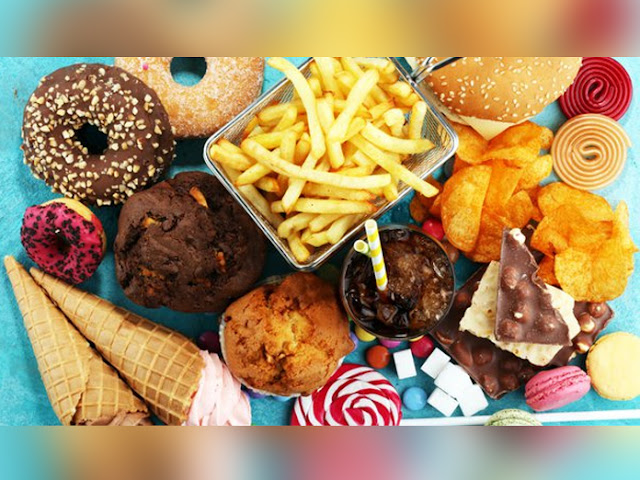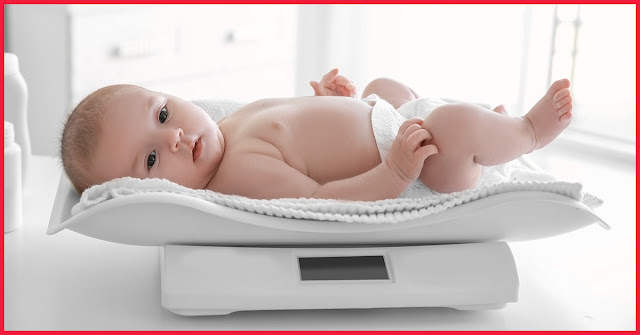
Consuming a Western diet, low in fibre and high in fat and sugar , can put you at increased risk of developing severe sepsis, researchers say. The study, published in the journal Proceedings of the National Academy of Sciences, found mice that were fed the Western diet showed an increase in chronic inflammation, sepsis severity and higher mortality rates than mice that were fed a normal diet. Sepsis is a potentially life-threatening condition caused by the body's response to an infection. It can lead to shock and organ failure. It is one of the most common cause of death worldwide. According to the researchers, including Brooke Napier from the Portland State University, the mice had more severe sepsis and were dying faster because of something in their diet, not because of the weight gain or microbiome, the body's community of bacteria. "The mice's immune system on the Western diet looked and functioned differently. It looks like the diet is manipulating...


